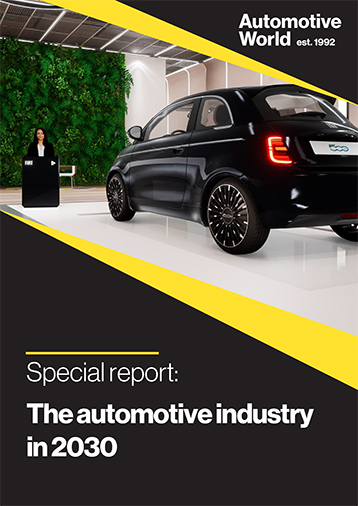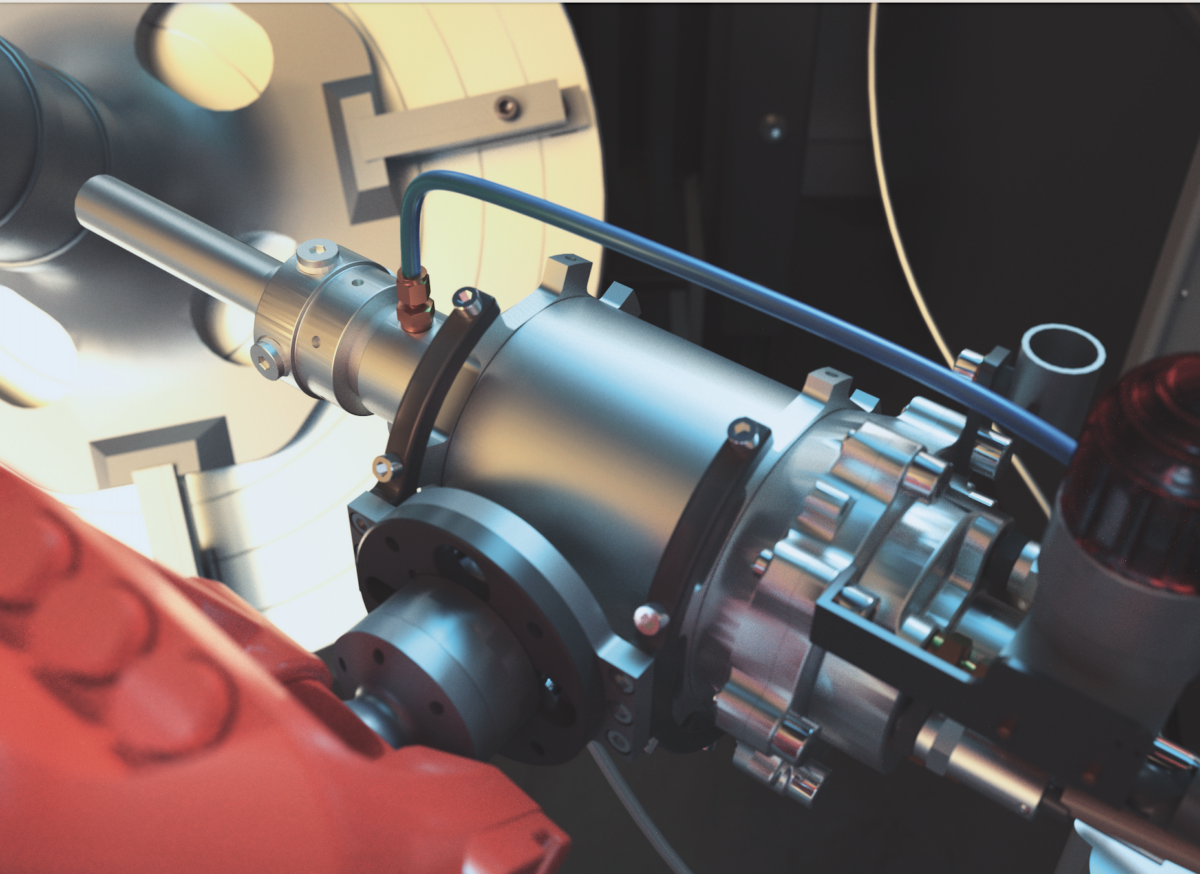For Europe and parts of North America, the 2030s will represent a watershed moment for the automotive industry—when sales of new light vehicles will be restricted to zero emission models. As such, some commentators believe that achieving consensus on the industry’s electrification strategy will be essential to managing the transition.
 |
However, there are pockets of resistance to the change. For instance, in Q1 2023, representatives in the US states of Virginia and Wyoming pushed against adopting California’s regulatory goal for 100% of new car sales to be zero emission by 2035. Their motivations varied from the inadequacy of electric infrastructure to the perception that electric vehicles (EVs) could threaten local economies.
Tensions arise because territories are experiencing the shift differently, but how tenable is resistance to electrification? Furthermore, to what extent could political and economic pressures affect its direction in the next decade?
It’s time to log in (or subscribe).
Not a member? Subscribe now and let us help you understand the future of mobility.
Scroll
News
Magazine
Articles
Special Reports
Research
OEM Tracker
OEM Model Plans
OEM Production Data
OEM Sales Data
1 user
- News
- yes
- Magazine
- yes
- Articles
- yes
- Special Reports
- yes
- Research
- no
- OEM Tracker
- no
- OEM Model Plans
- no
- OEM Production Data
- no
- OEM Sales Data
- no
1 user
- News
- yes
- Magazine
- yes
- Articles
- yes
- Special Reports
- yes
- Research
- yes
- OEM Tracker
- yes
- OEM Model Plans
- yes
- OEM Production Data
- yes
- OEM Sales Data
- yes
Up to 5 users
- News
- yes
- Magazine
- yes
- Articles
- yes
- Special Reports
- yes
- Research
- yes
- OEM Tracker
- yes
- OEM Model Plans
- yes
- OEM Production Data
- yes
- OEM Sales Data
- yes
- News
- yes
- Magazine
- yes
- Articles
- yes
- Special Reports
- yes
- Research
- yes
- OEM Tracker
- yes
- OEM Model Plans
- yes
- OEM Production Data
- yes
- OEM Sales Data
- yes


